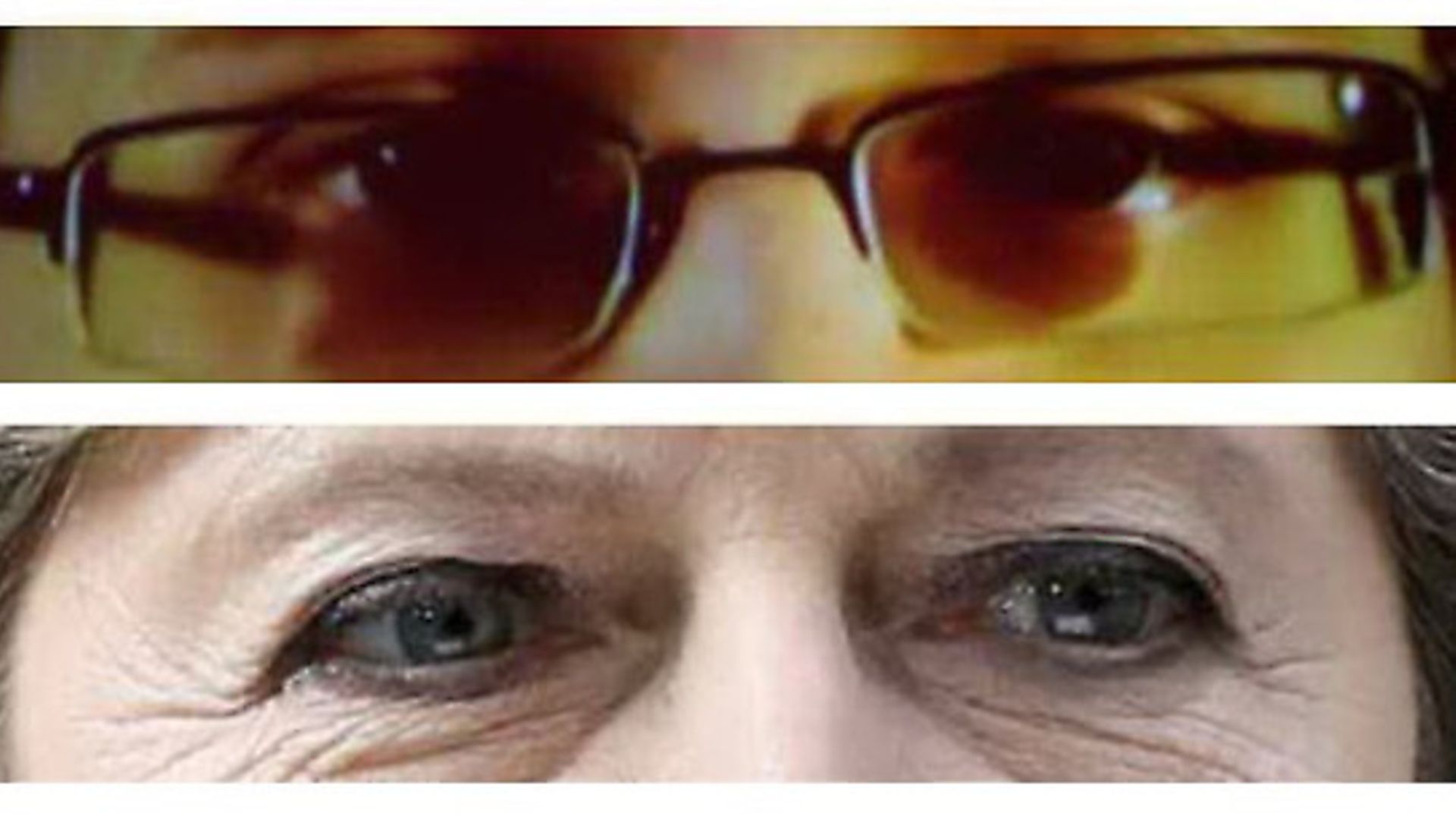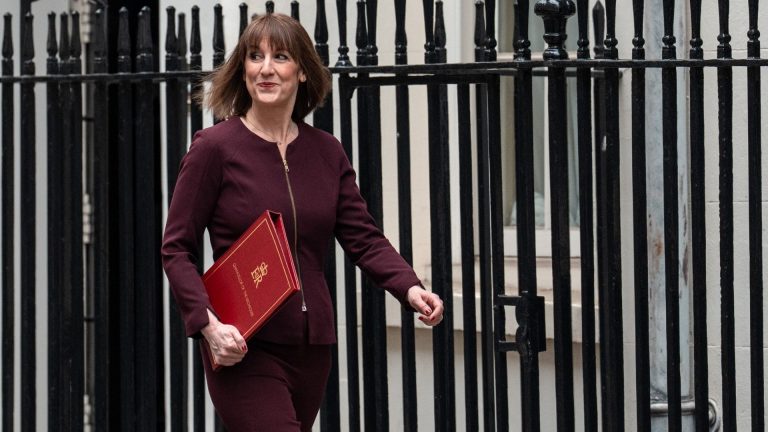
Our trust in government is eroding, says Parmy Olson
We view our government with healthy scepticism. We have a vigorous press, with more than a good handful of newspapers competing with one another to skewer the latest politician for misspeaking or (as recent events have suggested) cavorting with a couple of rent boys. That this country has reporters willing to go after government failings is a good thing, even if it seems like the front pages are dripping with too many negative stories. Better to be real and err on the side of cynicism, than buoyant and delusional.
Armed with our rigorous press, we may think that British society, for the most part, is governed by an honest group of civil servants and politicians. I started to question this when I recently sat down with Pavel Durov, a thirty-something Russian entrepreneur who flits between European cities with his team of engineers, running one of the world’s most popular messaging apps off their laptops.
His app is Telegram, a tightly-encrypted chat app that’s hugely popular in Iran, various parts of Europe, South America and many developing nations. More than 100 million people use it on a regular basis. Durov, who is usually dressed head to toe in black, doesn’t trust most government authorities. He won’t visit the United States because he’s been stopped too many times by agents wanting access to his network. He’s not a fan of certain Middle Eastern governments for the same reason, or Russia, where more than a decade ago, he built the country’s version of Facebook, Vkontakte, then had it wrestled away from his control by pro-Kremlin investors.
In Telegram he sought to fix the problem of being surrounded by corrupt governments with a chat network that even the smartest government hackers couldn’t penetrate. This is based on his gloomy yet sensible perspective on the world. Put aside Canada and the United States, Britain, the Nordics and a few countries in Western Europe, he says over small sips of water at a restaurant in London, and you’re left with a large swathe of nations populated by billions of people, that still have serious problems with corruption.
That’s why every time a government has tried goading Telegram with a court order demanding access to its network, Durov has refused them access. It’s an uncomfortable trade-off. His app is so well encrypted, and its users so well protected by Durov and his team, that a tiny minority of its user base are supporters of ISIS and terrorists themselves. Security agencies everywhere want access to Telegram in an effort to root the terrorists out. Understandable, but they’re suffering from ‘last move fallacy,’ he says, in that the authorities believe tracking terrorists through Telegram will largely fix the problem. The radical men and women using his app will just find some other way to communicate, Durov says, like burner phones. The bigger threat: granting access to a government that cannot be trusted, no matter how incorruptible it may seem.
It’s easy to take our rule of law for granted and assume, as would anyone who lives in a bubble, that the rest of the world is as fair, principled and law abiding. It is not. The vast majority of people who live on Earth are governed by administrations infected with some amount of systemic corruption. Noble organisations like Transparency International are making strides to stamp that out, but even the most venerated governments are guilty of deceiving their citizens (think Snowden and the mass collection of the US population’s metadata by mobile operators on the government’s behalf.)
We are still in the dark on how much our government knows about us. We know that Britain’s GCHQ has shared data about British citizens with the NSA through trans-Atlantic agreements. We don’t know what’s been shared, or how the much more detailed that shared information is becoming. We don’t know how successful our own governments have become in getting backdoor-access to social networks like Facebook and Twitter. Snowden startled us with documents proving that governments wanted to greedily hoover up vast amounts of information about even regular people. Since then, it seems more likely than not that British security services have explored new, smarter ways to gather intelligence, at the expense of our privacy.
What does this all mean in light of Brexit? Brexit was a resounding vote to say that the British government could do a better job of running our lives without EU interference; it was a vote to transfer more power from the regional mandate of the European Union, to the national mandates of Theresa May’s new government.
I like May, and her cautious-but-dogged approach to making the best of a bad situation with Brexit. But I remember that May spent much of her time in the Home Office goading technology companies into bending their privacy policies to aid her surveillance efforts. Her Investigatory Powers Bill was called ‘the most invasive legislation of any democratic country,’ by Privacy International. That she has been handed a more isolationist mandate is worrying. Britain has been in that noble minority of nations where corruption levels are low. But being subject to EU law meant the Home Office was limited in how aggressively it could track British citizens. That could change in the coming years with the loss of that EU framework. Lost alongside it will increasingly be our trust in government.
Parmy Olson is a writer for Forbes magazine and author of We Are Anonymous.










